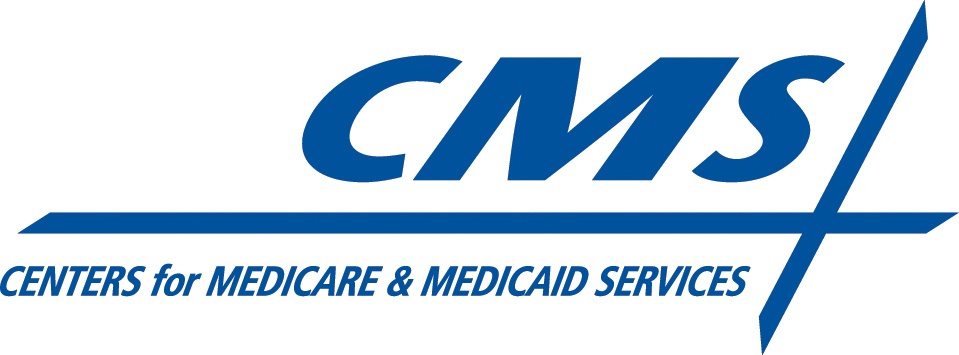By: Jeff Cohen
MACRA
The Medicare Access and CHIP Reauthorization Act was enacted to replace the flawed sustainable growth rate (SGR). MACRA contains performance measures for new payment models that will go in place in 2017. MACRA also established the Merit-Based Incentive Payment System (MIPS).
Physicians have to begin to learn about MACRA to improve performance and to avoid payment penalties.
We also have the Physician Quality Reporting System (PQRS), which penalizes providers for failing to report quality measures data on Part B services. To avoid a 2018 PQRS payment adjustment, for instance, providers have to report for a 12 month period.
There is also the Value Based Payment Modifier (VM) program that rewards groups for providing high quality, low cost care. It’s interesting to note that CMS proposes to publically report those providers who receive an upward adjustment. It’s being waived for Pioneer ACOs. It’s interesting to note that the measures used for the VM program are different than those used for ACOs; and this is causing a lot of confusion.
Bottom line: an increased use of benchmark establishment for quality and cost and financial incentive programs to achieve or surpass those benchmarks.
STARK LAW CHANGES
A new compensation arrangement exception is established for timeshare arrangements for the use of office space, equipment, personnel, items, supplies and other services. This sort of “overhead sharing” arrangement is done, but there hasn’t been a specific Stark provision for it till this year. It’s expected to be particularly useful in physician/hospital arrangements.
This exception amplifies the existing requirements that such arrangements must (1) be located where the physician or practice sees its patients, and (2) be used for designated health services that are incidental to what the doctor does, meaning E&M services and DHS that are provided at the time of such E&M services.Continue reading

 By:
By:  By:
By:  By:
By: